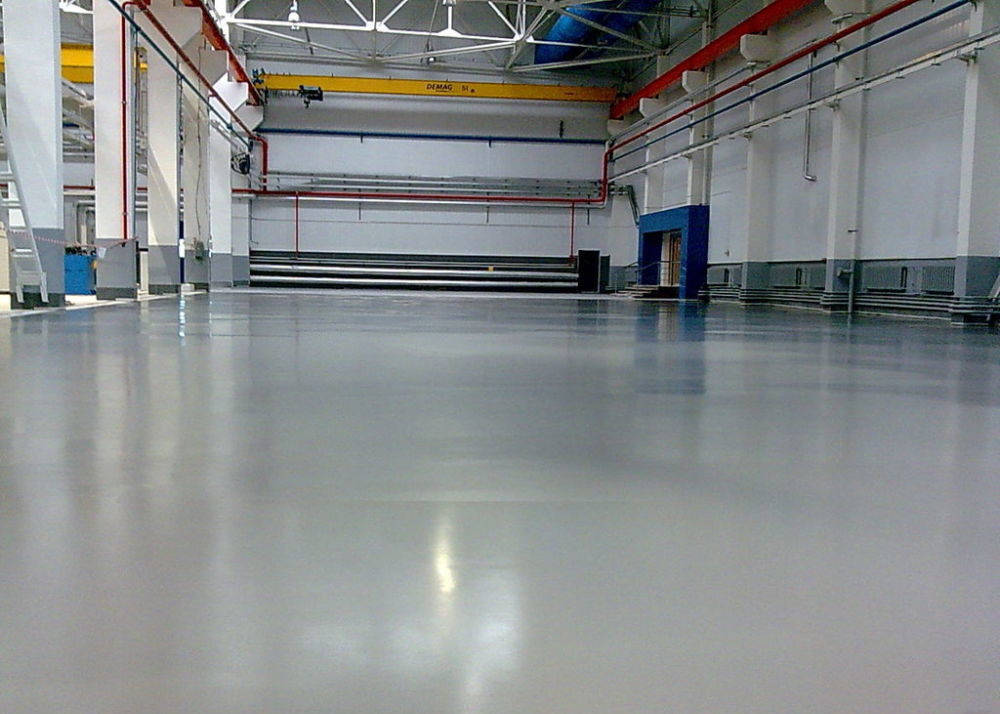Many concrete structures require waterproofing properties. These coatings are applied to prevent staining and blushing of the surface. These materials are highly penetrative and offer excellent penetration into the pores of the concrete. The following are some of the most common types of protective coatings. They each have a specific purpose, but all have numerous advantages. If you are considering commercial epoxy floor coating to your project, consider the following guidelines.
Waterproof Solution
First, coatings prevent water from penetrating concrete naturally. Water will react with carbon dioxide in the pore liquid and deposit calcium carbonate. When this occurs, the cement will be “carbonated.” Free water within the capillary pores will cause internal stress and spalling. To prevent this problem, it is recommended to apply protective coatings. These coatings also improve the structural integrity of the concrete.
Suitable for Non-Metallic Surface
Next, protect the binder by applying a layer of acrylic coating. These coatings have long been used for surface treatment of concrete. They are made from styrene and polyethylene and can be further polymerized after application. Once deposited, they form a thin, flexible film. These types of protective coatings are best used on non-metallic surfaces and do not allow moisture to penetrate them.
Prevents Damage
Another benefit of these coatings is their ability to protect concrete from the effects of water. When water permeates through concrete, the carbon dioxide reacts with the calcium hydroxide in the pore liquid and deposits as calcium carbonate. Similarly, when chlorides enter the concrete through the concrete’s pores, they deposit as calcium chloride, resulting in “carbonated” or “calcium chloride”. These compounds cause internal stress to the concrete and can spall. Therefore, coatings are crucial to prevent water from penetrating through the concrete.
High Degree of Protection
Choosing the right type of coating for the concrete is an important consideration. The best coating will have a high degree of protection against moisture and abrasion. It will also provide a barrier to chemicals and prevent deterioration of concrete. This is an essential consideration in the selection process. When evaluating the benefits of various concrete protective coatings, the material’s elasticity and resistance to chemical and physical damage will be a key criterion for the selection of the appropriate protective coating.
Usage
The best protective coatings are made from a polymer. This is a chemical compound that is composed of several different types of molecules. A high-quality polymer coating will have low vapor pressure and a low density. These compounds are highly elastic and will resist damage caused by thermal cycling and abrasion. Depending on its type, it is important to ensure the protection of the concrete before applying the coating. Get epoxy resin Dubai with us.
Surfer, doer, hiphop head, hand letterer and identity designer. Operating at the sweet spot between minimalism and computer science to save the world from bad design. My opinions belong to nobody but myself.
